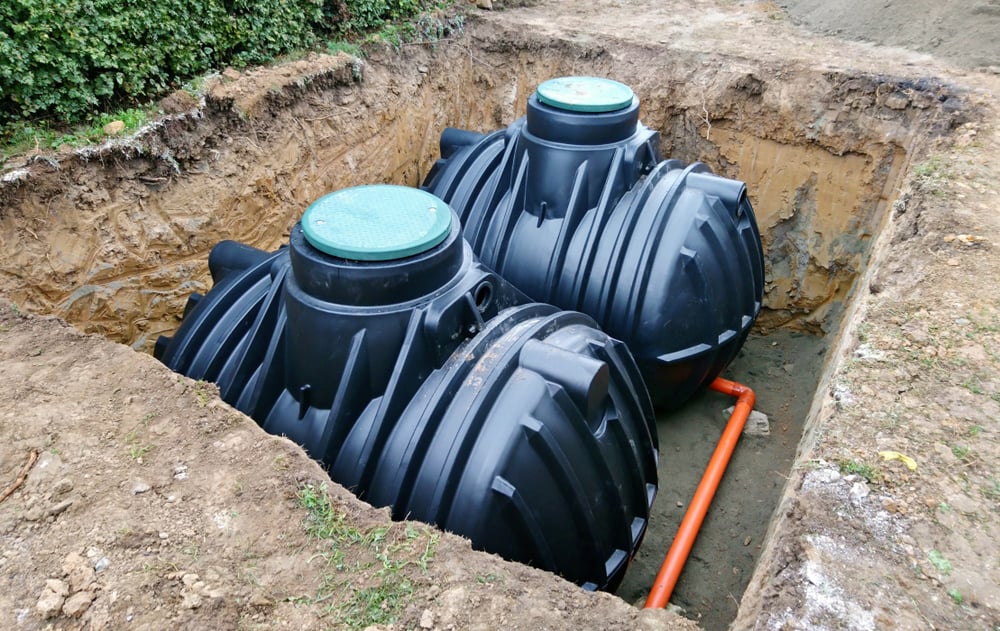
It is common to come across different customers searching for replacement pumps, which is an overwhelming task with numerous industry pump terminologies and vast options. Identifying the exact pump to use that will be the best fit for your application of choice requires one to be fully aware of the diversity in pump production. If you are not sure of the type of pump, it is advisable to consult a professional to guide you in making the most appropriate choice. There are many factors that every pump buyer out there needs to consider, based on the type of industry one operates since pumps are diverse in their application and function.
What you need to consider when choosing a pump
Identifying the type of fluid you intend to pump and its properties help select a pump that better suits the task at hand. Having the relevant information about the different types of pumps for your application helps avoid corrosion and unnecessary wear and tear that results from prolonged pumping. Whether the fluid being pumped is consistent, the slurry has a distinct chemical property, or clean fluid is one of the key factors that inform your final decision.
Identifying the actual flow rate is a vital determining factor for all who search for high-quality pumps. The best way to measure the flow rate accurately is by measuring it in the number of gallons per minute, which is also termed the pump’s general diameter. If you require a large pump size, then you need to be experiencing a higher flow rate, and vice versa is true. Please do not buy a pump that exceeds your regular flow rate since it will be ineffective in its operations.
Viscosity is essential in selecting industrial pumps mainly because it determines what pumping equipment is required and how powerful it needs to be for it to be pumped effectively and efficiently. A highly viscous fluid will require robust pumping equipment, while a less dense fluid will require less powerful pumping equipment.
Temperature and pressure exerted by the pumped fluid are crucial factors for people looking to purchase pumps. Some fluids are pumped while the temperature is boiling, which can be a problem for pumps that do not have specialized parts or equipment. The pressure conditions at the outlet and inlet also inform the decision of purchasing pumps.
Fundamental principles of selecting quality pumps
The process and design requirements are vital in the pump selection process since most pumps are specifically designed to meet the needs of a specific industry or business. The nature of the medium being pumped dramatically influences one’s decision in choosing a pump since different mediums have diverse properties which call for specificity. Lastly, the critical design parameters provide the blueprint needed to guide your selection, to avoid purchasing pumps that lack defined parameters.
